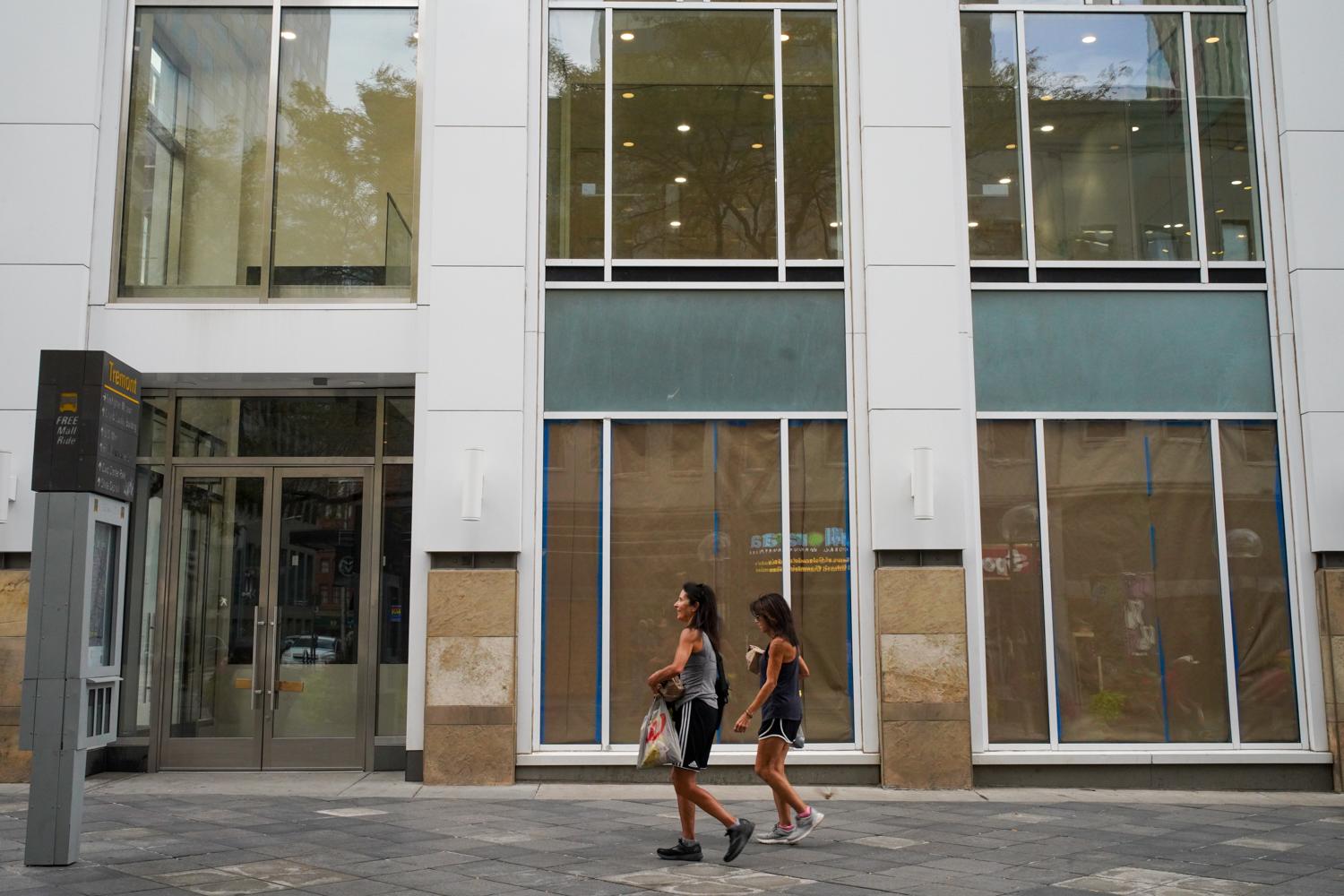
Colorado’s economic indicators are a mixed bag, according to a joint report from the University of Colorado’s Leeds School of Business and the Secretary of State’s office.
The number of business closings jumped 53 percent during the fourth quarter of 2024, while the number of new business filings dropped, the report showed. Still, the number of existing businesses is pretty stable.
Part of the disconnect could be related to filing fees. The fee to file to create a new business was temporarily reduced from $50 to $1 in 2023. The fee has since been reinstated, which could be skewing the numbers, according to CU economist Brian Lewandowski.
But there are signs that Colorado’s economy is slowing. The state’s unemployment rate reached 4.4 percent last month, which is higher than the U.S. rate, government data show.
“We need to be watching all of these data points to be cognizant of some weakening,” Lewandowski said during a conference call with reporters.
It’s going to be tough to keep track of all the data points in Colorado. The state’s labor department has been struggling with incomplete data on jobs and wages since introducing a new unemployment insurance computer system more than a year ago. The U.S. Bureau of Labor Statistics, the federal agency that collects and publishes economic data, said it is suspending monthly employment reports for Colorado starting in March because the data isn’t reliable.
“The quality of data is something we'll be scrutinizing pretty heavily,” Lewandowski said. “That's something we need to be really mindful of and just understand if changes that we're seeing in the employment data are real or if they could be skewed by some data quality issues.”









